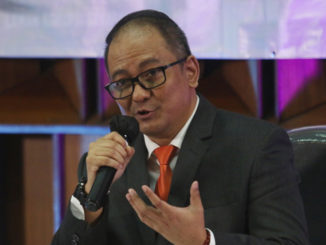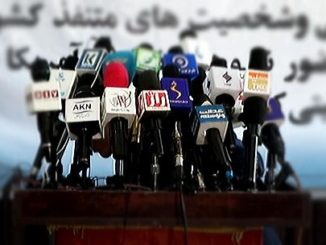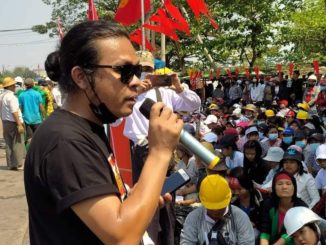
You Call That Art? The Importance of Thinking Outside the Box
Content from BPRWhat is art, anyway? From one Danish artist’s point of view, it’s pocketing 534,000 kroner in commission ($115,000 in Australian money) from a museum.Earlier this year, the Kunsten Museum of Art in Aalborg, Denmark paid artist Jens Haaning in advance to re-create two older paintings. Instead, he kept the money without doing the job and called it conceptual art.
Haaning labelled his art as Take the Money and Run and it’s simply two blank whiteboard frames without anything on them.Haaning rationalised his artwork this way:“The work is that I have taken their money,” he said. “It’s not theft. It is a breach of contract and breach of contract is part of the work.”The museum is actually displaying the two empty frames on display in its ongoing art show Work it Out.Breach of contract or not….. that’s thinking outside the box (or the square)!It’s important for those in radio (or in any business) to think differently, unconventionally or from a new perspective; not just to confront every issue with the same problem-solving processes.“Inside the box” is analogous with the current assumptions about a situation. Creative thinking acknowledges and rejects the accepted paradigm so as to generate new ideas.“Outside the box” pushes us to explore ideas that are creative and unusual and that are not limited or controlled by rules or tradition.When asked the question “Why do you do it that way?”… we have all heard someone say ”Because that’s the way we’ve always done it”.Well, perhaps next time challenge them to think outside the box for a new, better way of doing things.By David Kidd, BPR […]





